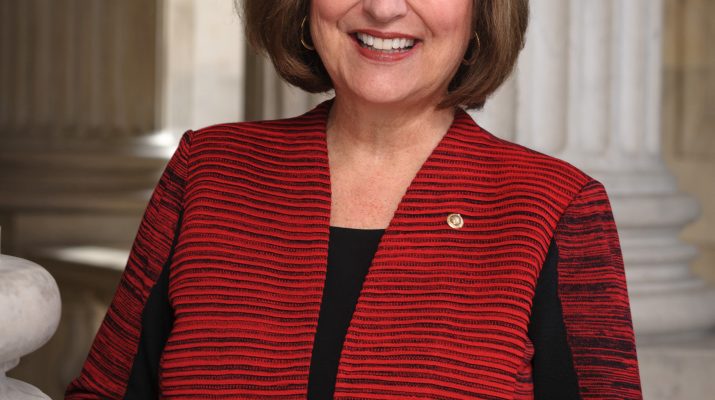Americans shouldn’t have to choose between making ends meet and taking care of their families. Whether it’s caring for a newborn, nursing an aging parent, or recovering after surgery, Americans deserve time to tend to their loved ones without risking the income they need to survive.
But businesses can’t always afford to pay employees who aren’t working — especially small businesses that are already understaffed and operate on razor-thin margins. To offer paid family and medical leave, most businesses need additional resources.
Some advocates of paid family and medical leave argue that those resources should come from a new nationwide government entitlement program. Others argue that we should simply force businesses to pay for leave without any additional support at all. Neither idea is practical or politically realistic. But there is a way to offer employees paid time off without creating a new mandatory government program or forcing businesses to suffer huge losses.
We can provide tax benefits to businesses that offer employees this sort of paid leave, which will in turn free up resources businesses can use to pay the salaries of workers on leave. This is a tried-and-true method that works — I know, because I’ve done it before.
In 2017, I led the charge to create a tax credit for employers who voluntarily offer up to 12 weeks of PFML to employees. It was the first nationwide paid family leave policy in U.S. history. However, that tax credit expires at the end of 2025. To ensure that businesses can continue to offer paid family and medical leave, and make sure more people receive paid leave, we need to make this credit permanent, as well as make it easier for businesses to qualify for it.
That’s why I introduced my bipartisan Paid Family and Medical Leave (PFML) Tax Credit Extension and Enhancement Act. This new bill will build on my 2017 policy, not only by making the credit permanent, but also by improving it and filling in gaps. The bill supports additional options for financing paid leave, such as paid family leave insurance. It also allows employers to begin offering PFML to workers after a six-month minimum employment period as opposed to a year. That change will benefit younger workers and incentivize employers to offer PFML to a larger number of their employees.
The credit my bill would make permanent targets those who need PFML the most: lower- to middle-income and hourly workers. Highly compensated employees are more likely to currently receive PFML from their employers. But often, the businesses that employ more lower-wage workers don’t have the resources to give everyone leave. This is especially true for family businesses that may only have one, two, or three employees. It would be hard for them to pay an employee on leave while also paying a new worker to fill in during the initial employee’s leave. The credit addresses the disparity between businesses by limiting its application to lower- and middle-income employees.
My bill also includes a strategy for educating businesses and employees about the option to receive this credit. Thousands of businesses claimed the credit in 2020, the most recent year that data is available. But this bill is designed to reach more employers, which means more Americans will have access to paid leave. The bill requires the Small Business Administration and Internal Revenue Service to conduct targeted outreach and technical assistance for those who need it, which will raise awareness of the credit and expand the number of employers who use it.
As a daughter, mother, and grandmother myself, I know well the demands that come along with caring for loved ones. Family brings us our greatest joys, and often our greatest challenges as well. In either case — whether a joyful birth or a challenging illness — we need the resources to focus fully on the people we cherish. This bill will offer that option to more employees in Nebraska and across our country.
Thank you for participating in the democratic process. I look forward to visiting with you again next week.

